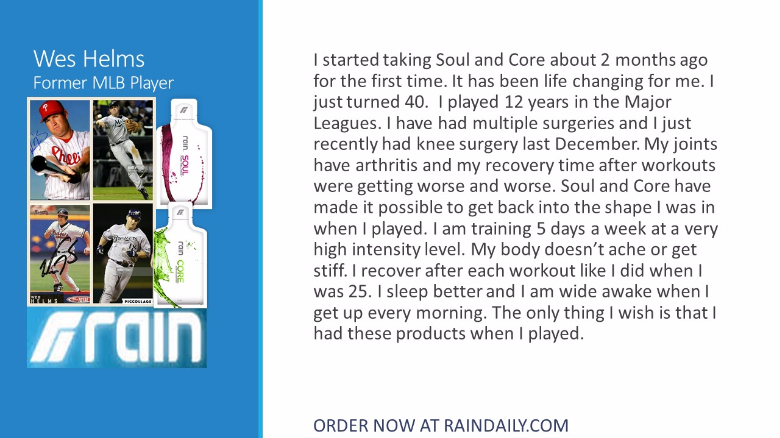Ahh the Holidays! Athletes and Warriors, its the perfect time for indulgence. That seems to be the catch phrase or word for the 2016 Holiday season.
I think its best to go ahead and enjoy as long as you are not taking any high level of health risk (indulging with high blood pressure, diabetes, heart conditions, etc.,). The key is to not beat yourself up on January 2, 2017. Guilt and staying guilty seem to keep a lot of good folk eating bad food. Read on! -Nate Why Good People Eat Bad Food Boston Globe Americans aren't stupid. They've known for years that the fast food they're eating probably isn't good for them. Back in 1988, 60 percent of fast food diners told Consumer Reports that they were "worried" about the nutrient value of fast food, and only four percent felt the food deserved top health marks. The worriers had reason to fret. Although McDonald's and other fast food chains have added salads, grilled chicken, and other healthful entrees in recent years, today's menus are still full of foods that are bad for the heart, such as Burger King's Double Whopper with cheese, which contains a whole day's fat allowance under one wrapper. But that doesn't stop Americans from spending one in every seven food dollars on fast food, as the lure of quick and inexpensive meals outweighs their health concerns. In fact, more than three quarters of fast food eaters believe they're getting good value for their money, according to a recent survey by the National Restaurant Assocation. Now, health researchers warn that many fast foods may be more hazardous than previously believed because so many contain "trans unsaturated fatty acids" or so-called transfats, a particularly hazardous type of fat that doesn't appear on food labels. Many fast-food french fries and other products are cooked in transfats, used to harden the vegetable oils restaurants now use instead of animal fat. Walter C. Willett, chairman of nutrition at the Harvard School of Public Health, has called on the US Food and Drug Administration to require transfat labelling on fast foods as part of the agency's new transfat labelling regulations, arguing that consumers are confused by "deceptive labels such as "cholesterol-free' or "cooked in vegetable oil.' " But, even if the FDA agrees with Willett, few expect transfats to spur a revolution among fast food diners. McDonald's officials thought the anti-fat revolution was at hand once before, in the early 1990s when they trotted out a hamburger with half the fat of normal burgers. By 1997, with sales languishing, the McLean Deluxe was cancelled. "It was launched with high hopes and seeming demand, but . . . there wasn't really very much consumer interest in it," said McDonald's spokesman Walt Riker. However, for those who want to eat healthfully, there are plenty of choices at fast food restaurants, partly because chains know that vegetarians or people on diets can veto the choice of restaurant for an entire group of diners if there is nothing on the menu that they want to eat. In addition, the fast-growing Subway restaurant chain is going directly after health-conscious diners with a national advertising campaign that stresses the low-fat content of their sandwiches. The menu features seven submarine sandwiches containing less than six grams of fat; among hamburgers, only a vegetarian "garden burger" can beat that. Fortunately, there are plenty of guides to help consumers navigate the world of fast food from books such as "The Fast Food Freeway Guide: A Map to Lower Fat and Calories at Fast Food Restaurants," to Internet sites. With a few clicks on Cyberdiet.com's "Fast Food Quest" section, users can compare fat, salt, cholesterol, calories, and other nutrition issues among hundreds of fast foods, comparing individual restaurants directly or seeking out the healthiest foods from all of them. The fast food chains often have nutritional information on-line as well. In the end, Americans' food choices are a contradictory matter in which health and nutrition are just one concern. People consume less fat and more fruit juice than they did 20 years ago, but at the same time they consume far more soda and about 35 percent more calories than the 2,000 recommended by the FDA. And so, they continue to line up to place their orders for such menu items such as the "supersize" Big Mac dinner - all 1,410 calories of it. Copyright The Boston Globe. All rights reserved.
Reach 6 Million New Customers Every Week With US Sports Marketing. Home Of The All-Biz Advertising Specials. Effective, Affordable Sports Marketing With Your Positive Bottom Line The Top Priority
Let's Boost Your Business Today! http://bit.ly/USSportsMarketing
US Sports Online Strength and Conditioning Powered By RAIN's SOUL!
 |
Friday, November 18, 2016
Why Good People Eat Bad Food
Labels:
fitness,
flat belly,
Holiday pounds.,
lose weight,
nutrition,
ripped abs,
workout
Subscribe to:
Post Comments (Atom)



No comments:
Post a Comment